
Anatomy Of A Spoon Anatomical Charts & Posters
The anatomy of a spoon To be familiar with the nomenclature and the discussion of particulars, let us first examine the spoon details. The concepts are general for all kind of spoons, in spite of size or use. The anatomy of a spoon. The baroque backlogging Spoons in silver of course originated in shape and style from similar ones in bone or.
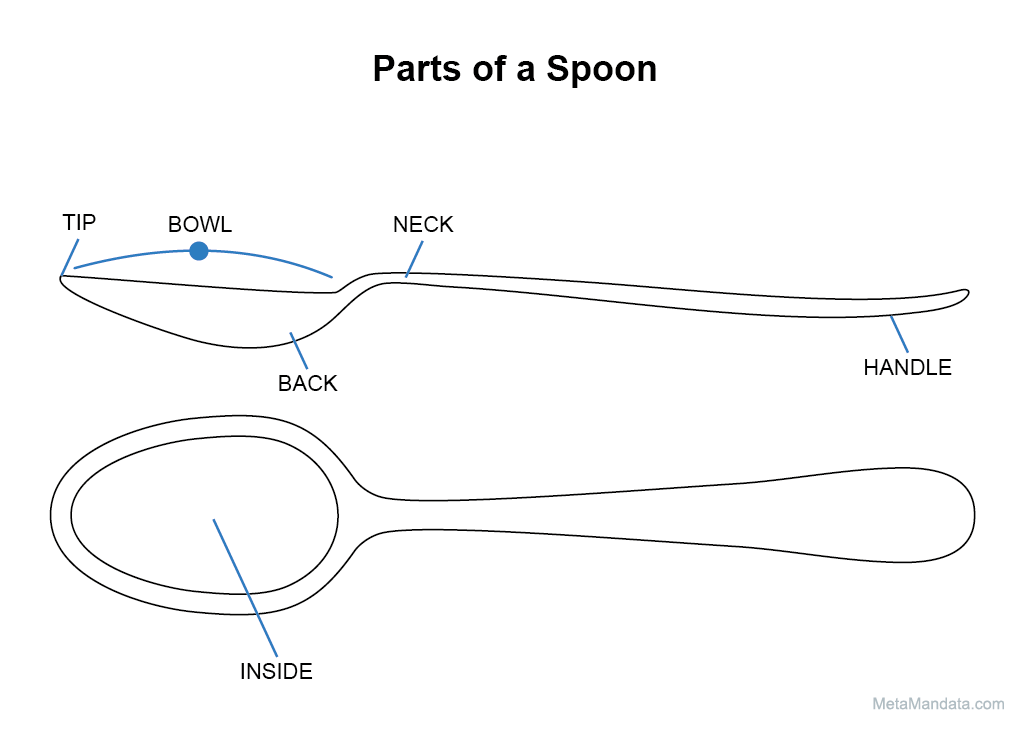
5 Parts of a Spoon Their Names and Functions? (+ Graphic)
A spoon is a kitchen utensil that has a shallow bowl or head at one end and a handle at the other end. It is mostly used for transferring food from a plate to your mouth. But, some kinds of spoons can also be used for stirring, mixing, tossing ingredients, and serving food.

Anatomy of an Axe — Sylva Spoon Axe, Sylva, Anatomy
1. The Bowl of A Spoon The bowl of a spoon is the shallow, oval or round end of the utensil that is used to hold food. The handle of the spoon is attached to the bowl and extends out from it. The bowl is usually made of metal, plastic or ceramic, and the handle can be made of any material that is comfortable to hold.

Anatomy Of A Spoon Anatomical Charts & Posters
Spoons are crafted to imitate fleeing baitfish during the retrieve. Their side to side motion, accompanied by their metallic flash, enables spoons to emulate the movements of a fish perfectly, which entices predatory species to strike. The lure's heavy body allows it to be cast extremely far, which means covering a ton of water during the retrieve.

Anatomy Of A Spoon Anatomical Charts & Posters
The anatomy of a spoon. I thought spoons were simple but this diagram shows seven named parts (true, the "tip" is used twice) of the spoon! Learn more at The anatomy of a spoon. I thought spoons were simple but this diagram shows seven named parts (true, the "tip" is used twice) of the spoon! The names of various parts of a spoon.
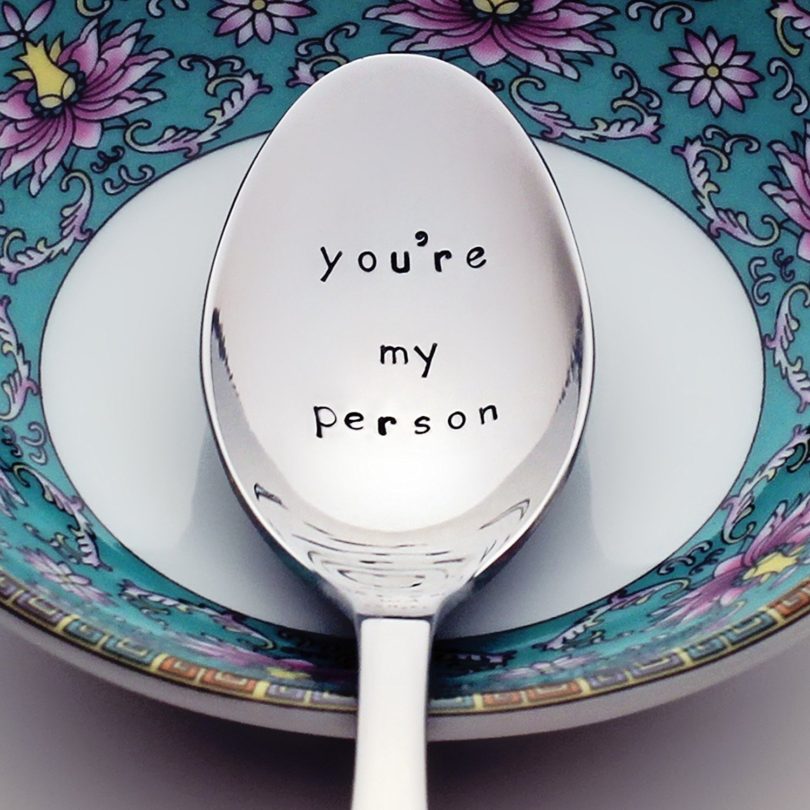
You're My Person Grey's Anatomy Inspired Stamped Spoon » Petagadget
Anatomy of a Dinner Place Setting Creating a festive atmosphere is the key to putting on a great dinner party. Whether you're settling in to a new home, newly engaged, or hosting a holiday party for the first time, you're likely feeling pressed to impress—especially when it comes to setting the table.
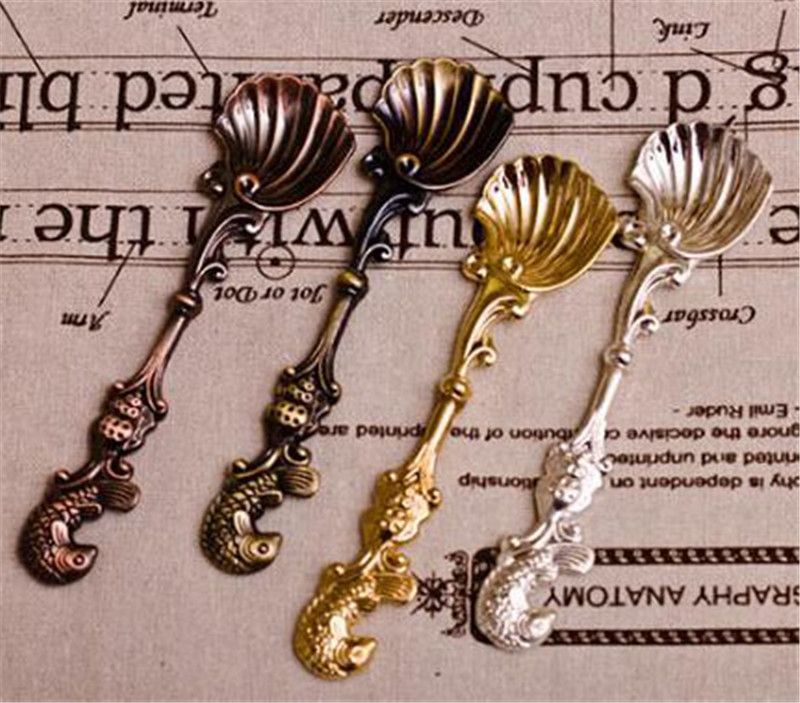
Anatomy Of A Spoon
Anatomy of a Spoon • www . 925. The earlier English spoon-handles terminate in an acorn, plain knob or a diamond; at the end of the 16th century, the baluster and seal ending becomes common, the bowl being fig-shaped. During The Restoration[citation needed], the handle becomes broad and flat, the bowl is broad and oval and the termination.

12 Spoons Page 2 by singingstranger on DeviantArt
Bowl Back (Heel) Top So if you want to learn all about the parts of a spoon, their names, and their functions, then this article is for you. Let's jump right in! Table of Contents #1 Handle #2 Neck (Shoulder) #3 Bowl #4 Back (Heel) #5 Tip Free to use if you link back #1 Handle
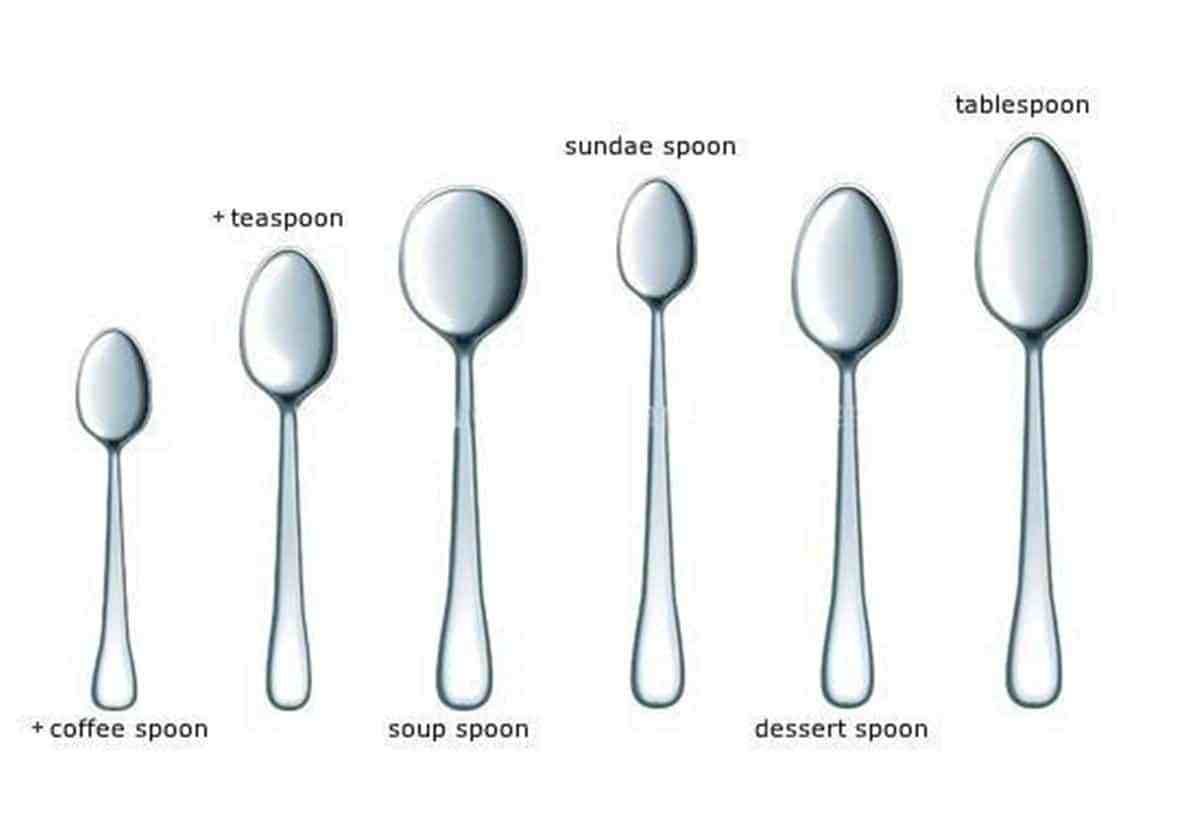
Types of Spoons Styles for Every Different Occasion, Dish & Drink
Remember the following three-word sequence: truck, cabin, spoon.These are among the series of questions Derek Shepherd and Meredith Grey are asking of Alzheimer's disease patients to determine whether they're qualified for entry into a clinical trial on this season's Grey's Anatomy.But if you're sitting on the couch five minutes later.

Anatomy Of A Spoon
Spoons come in various sizes, shapes, designs, and are made from differing materials to make sure they perform their job as well as possible. Below we cover the most popular and historically significant styles. Though it's impossible to show each tiny variation, we've covered the main categories and pointed out ones with unique features.

Anatomy Of A Spoon
Pterygopalatine fossa anatomy. Maxillary artery and its branches. The pterygopalatine fossa is an inverted pyramidal-shaped, fat-filled space located on the lateral side of the skull, between the infratemporal fossa and the nasopharynx. It is known as a major neurovascular crossroad between the orbit, the nasal cavity, the nasopharynx, the oral.

Anatomy Of A Spoon Anatomical Charts & Posters
June 1, 2021 Health & Medicine The Anatomy Riots How early anatomists provoked some of the strangest riots in history by stealing the dead bodies of the poor. In the 1700s human dissection was a big taboo—people feared that it would leave their bodies mangled on Judgment Day, when God would raise the dead.

Pin by Makenzie Wittrock on Anatomy Spoon rest, Tableware
Anatomy of the Bar Spoon. The bar spoon has two sides, the flat of the spoon or "measure side" which is usually used for doing small measures (usually around 1 tsp or with our spoon, around 1/4 ounce measure) and the red know "stir side." Most advanced bartenders with years of experience at craft cocktail bars that have worked under.

The anatomy of a spoon cjhaas blog
Teaspoons are the smallest and are used for stirring coffee, tea, or other hot beverages. Soup spoons are larger and are used for soup and other liquid dishes. Dessert spoons are slightly smaller than soup spoons and are used for desserts and other sweet dishes.
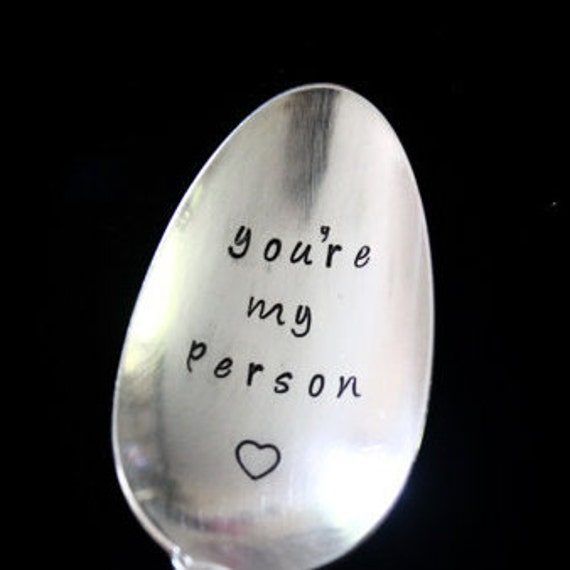
Anatomy Of A Spoon
Ladle. A ladle is a type of serving spoon that has a long handle and a large bowl. These are most commonly used to dish out food that has a high liquid content and would therefore be very messy to serve in any other way. Foods such as soups, stews, and casseroles are all usually served with a ladle.
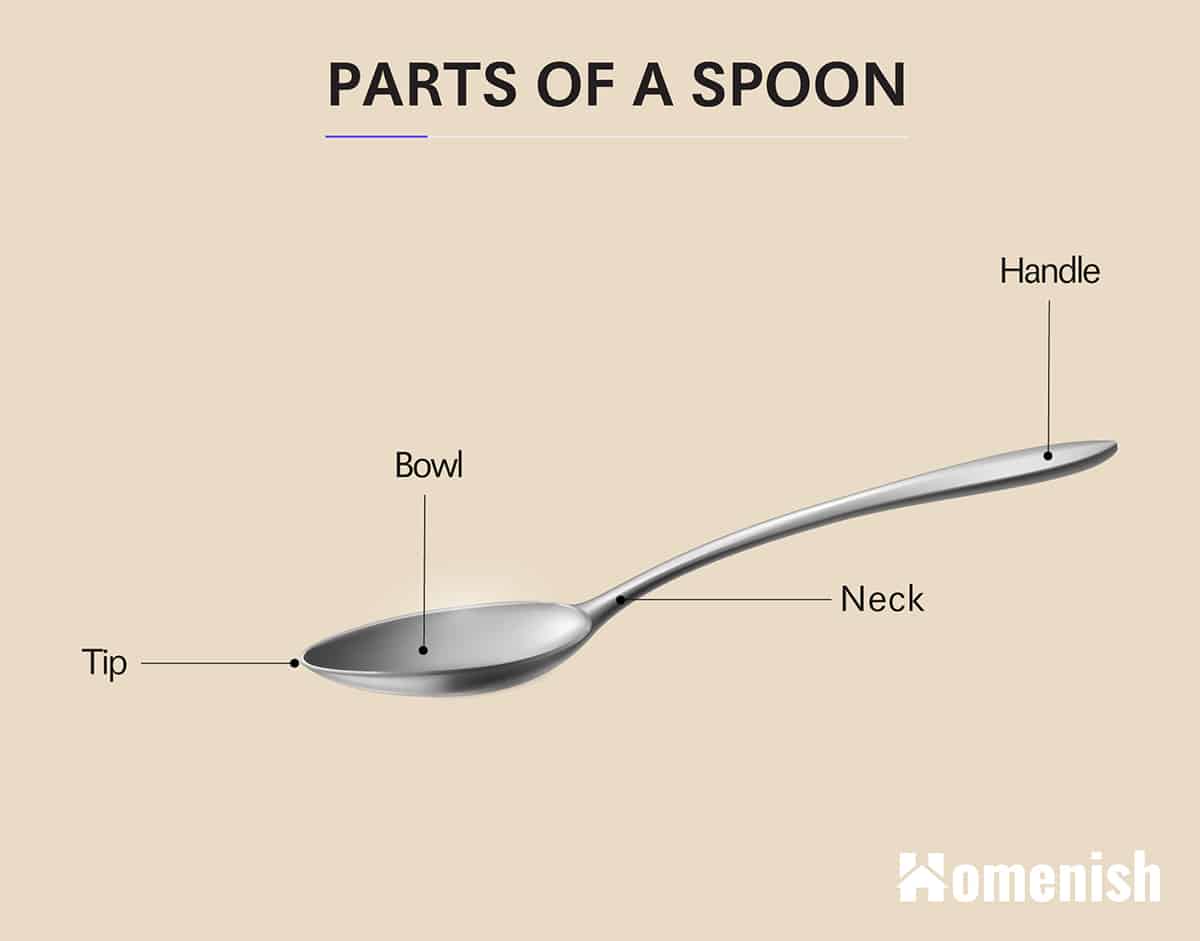
Parts of a Spoon (with Diagram) Homenish
Anatomy. The spinal cord is part of the central nervous system (CNS). It is situated inside the vertebral canal of the vertebral column. During development, there's a disproportion between spinal cord growth and vertebral column growth. The spinal cord finishes growing at the age of 4, while the vertebral column finishes growing at age 14-18.